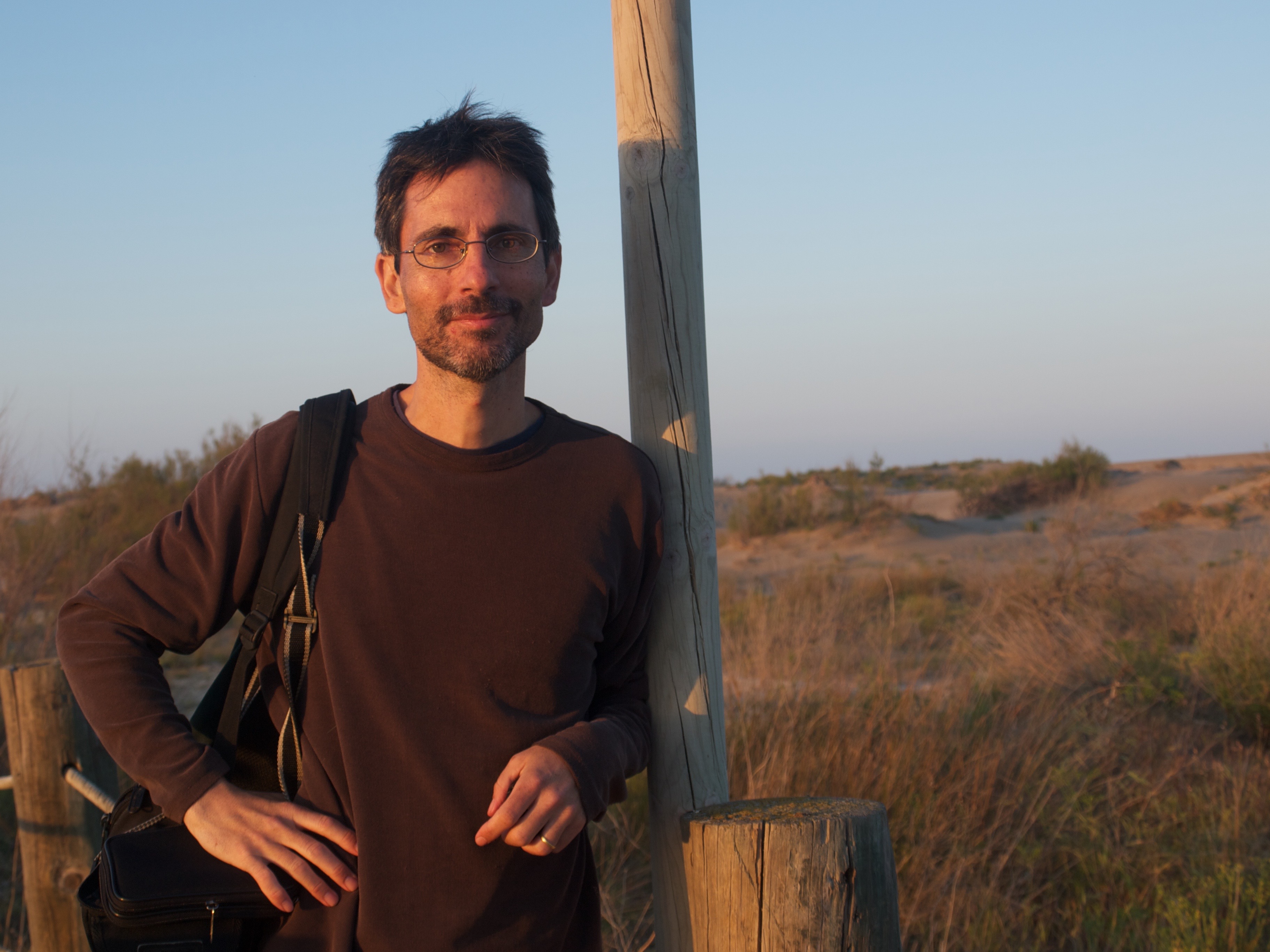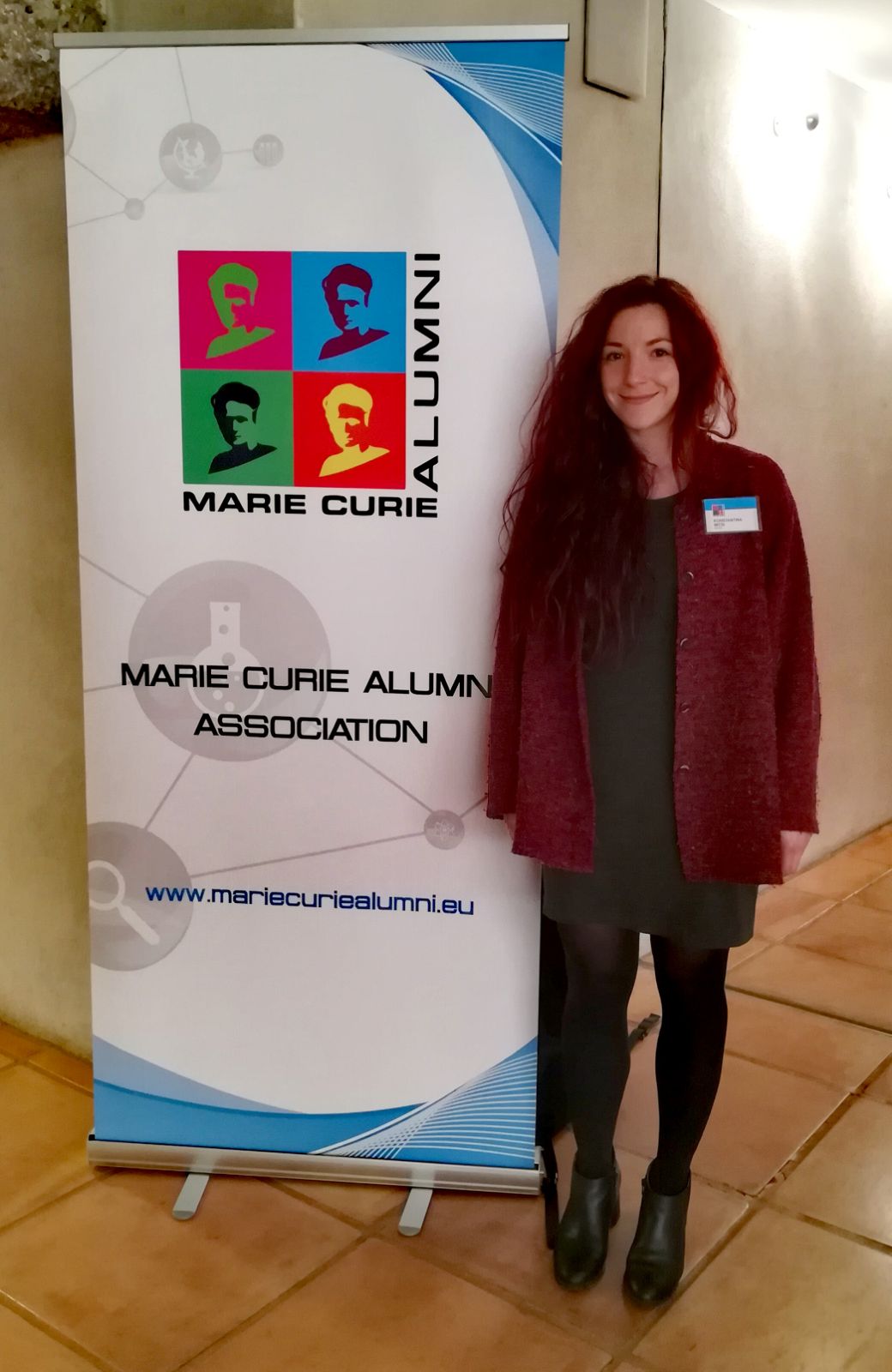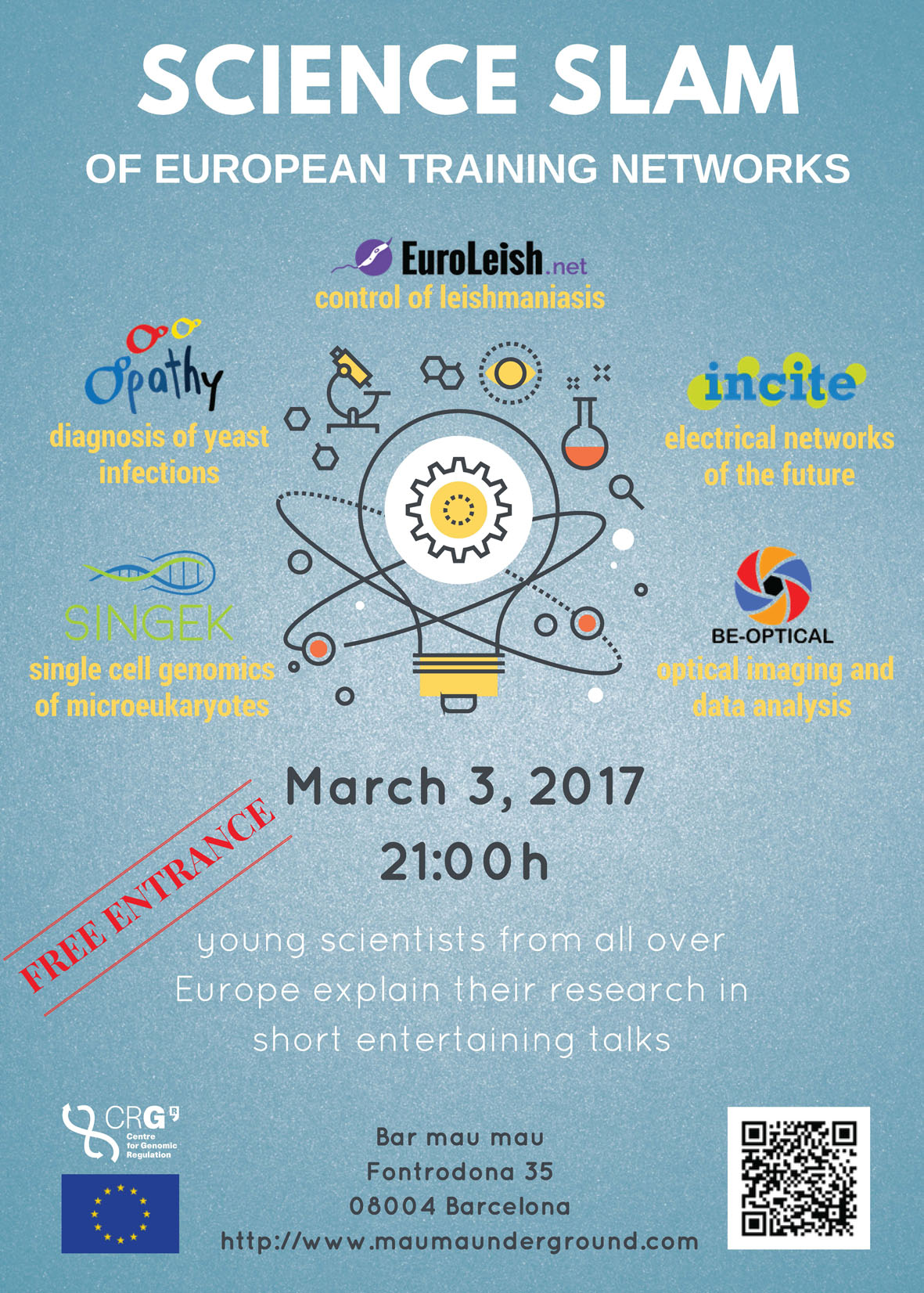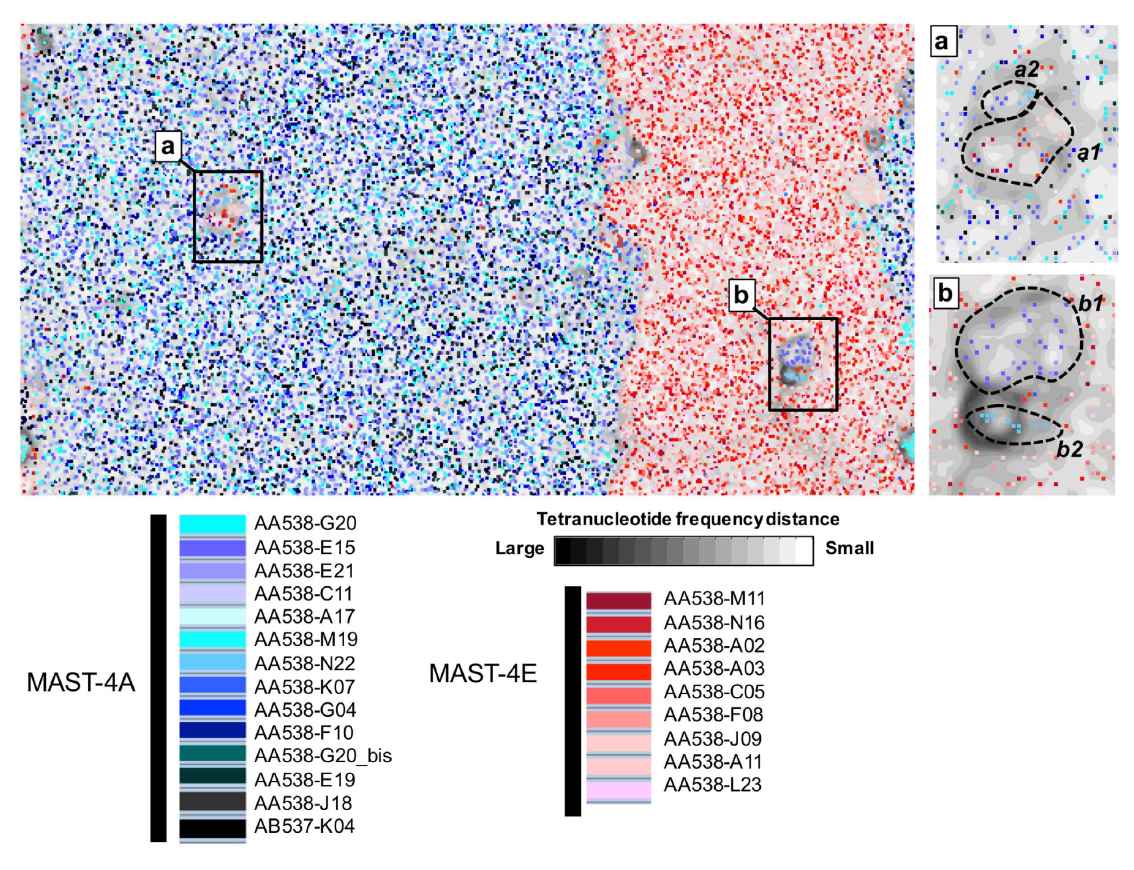More than 30 researchers, including the 15 recruited Early Stage Researchers (ESRs), have met for the SINGEK Opening Meeting at the Institute of Marine Sciences, Barcelona (7-9 November, 2016).
SINGEK project (Promoting SINgle cell GEnomics to explore the ecology and evolution of hidden microeuKaryotes) will focus on the study of microeukaryotes in natural systems, among which we can find protozoa, algae and microscopic fungi. The study of microeukaryotes is essential to comprehend eukaryotic diversity and evolution, including the origin of plants and animals, and also to better understand their role in all ecosystems. In order to address this challenging task, however, the use of new and more accurate molecular techniques is required.
“The SINGEK project has a double objective. On the one hand, study the genomes of novel and uncultured microeukaryotes with the novel Single Cell Genomics (SCG) tool, applied until now in other fields as cancer research. And on the other hand, provide a unique and structured PhD training programme to train a new generation of scientists with the highest expertise in SCG, including also transferable skills essential for successful career development” explains Ramon Massana, ICM researcher in the Marine Biology and Oceanography department, and SINGEK Coordinator.
SINGEK will train 15 ESR from 9 different countries such as EEUU, Germany, Iran, Spain, Greece or Brazil, that will develop their research in fields related to bioinformatics, genomics, ecology and microbial evolution, under the supervision of 15 expert researchers from 12 science institutions from 5 different countries (Spain, France, Belgium, Sweden and UK). The project also counts with 8 Partner Organisations that will be involved in several tasks, as hosting students during their secondments, providing complementary training in complementary skills as scientific writing, or developing the project’s communication and outreach plan at different levels.
“All the research individual projects will cover the world of microorganisms from different perspectives, such as organisms’ interactions, marine microbial community composition and their involvement in climate change mitigation, development and improvement of SCG techniques and DNA sequencing, and other issues like multicellular organism emergence and a more complex view of the tree of life” states Iñaki Ruiz-Trillo, ICREA researcher from the Institute of Evolutionary Biology (CSIC-UPF) and also member of the SINGEK Coordinating Team.
SINGEK has received funding from the European Union’s Horizon 2020 research and innovation programme under the Marie Sklodowska-Curie program. The project has a duration of 4 years and a budget of 3,9M€.






